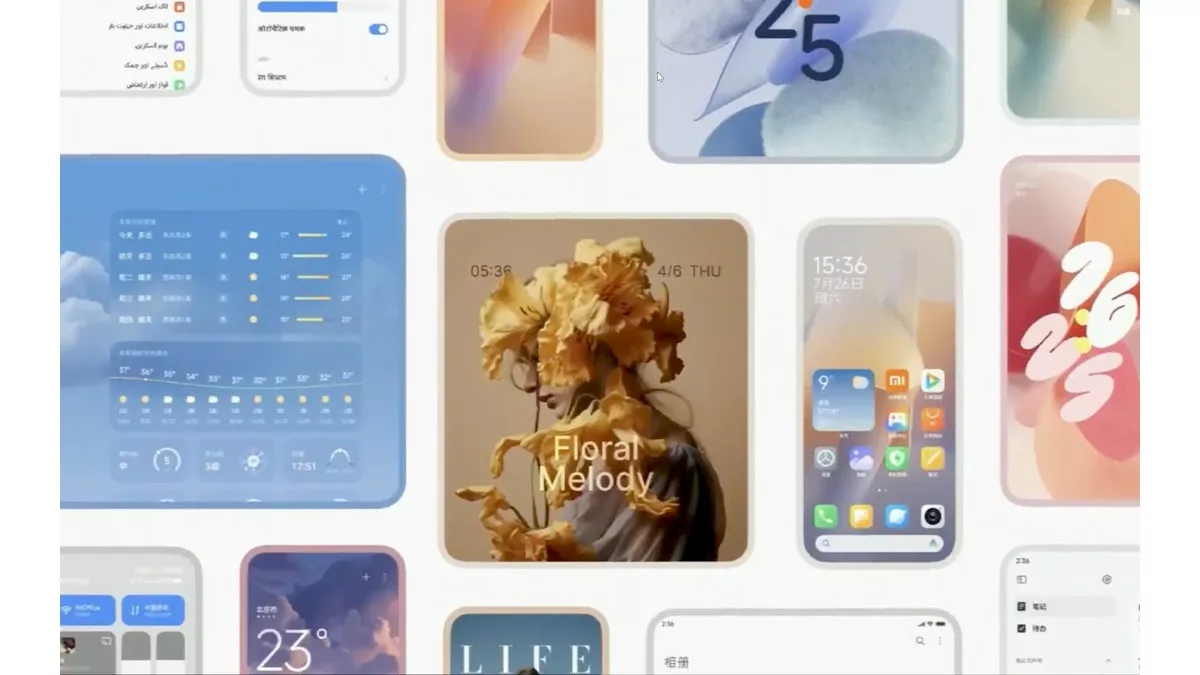In 2023, Google blocked 2.28 million apps from publishing on Google Play, which violated its security rules.
• Read also: Android: Remove These Dangerous VPNs
• Read also: In which country do we spend the most time in front of screens?
Nearly 200,000 app requests were denied or fixed to ensure proper use of various sensitive permissions such as background location or SMS access.
In one year, 333,000 developer accounts were removed for serious and repeated violations of App Store rules.
Finally, for security reasons, nearly 1.5 million apps are no longer available in the Play Store for users who have updated their devices to the latest version of Android.
All of these blocks are made possible in particular through advanced machine learning processes and in-depth checks of all Google-controlled apps before they are validated.
To more effectively combat the distribution of malicious apps, Google, for example, has strengthened its developer onboarding processes, requiring more identity information when creating their Play account.
Last year, Google also introduced an “independent security review” badge for certain types of apps, such as virtual private networks (VPNs), to certify that they are secure and respect their users’ privacy.
Google Play's policies regarding generative AI apps, disruptive notifications, and expanded privacy protections have also been updated recently.
Note that one of the latest scourges that Android users find themselves exposed to today is related to clones of popular apps, such as WhatsApp, Signal, or even ChatGPT.
These malicious apps impersonate their name and most of the time, they mimic their logo to trick users. So be especially careful before installing a new app on your devices.

“Web fanatic. Travel scholar. Certified music evangelist. Coffee expert. Unapologetic internet guru. Beer nerd.”





